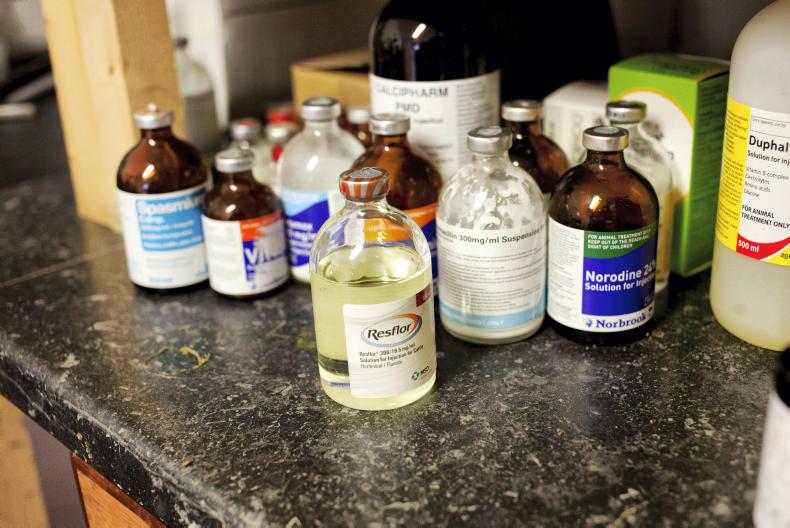If there is a no-deal Brexit on 31 October, the UK could have a shortage of veterinary medicines that would “reduce the ability to prevent and control disease outbreaks with potential detrimental impacts for animal health and welfare, the environment and wider food safety/availability and zoonotic diseases which can directly impact human health.”
This is revealed in the Operation Yellowhammer "reasonable worst case assumptions" report, released on Wednesday evening, having been leaked to the Sunday Times previously.
Reliance on imports
The problem is that three-quarters of medicines imported to the UK arrive through English Channel ports, where freight transport flow could fall to 40% of normal levels after a no-deal, crash-out Brexit, according to the report.
The reports says that industry stockpiling will not be able to match the four to 12 weeks’ worth of supplies that were built up in March ahead of the original Brexit deadline.
Additionally, air freight capacity and the special import scheme are not financially viable measures to fully mitigate risks associated with UK veterinary medicine availability issues arising from border disruption, according to DEFRA.
Other problems with no deal
The report, which deals with “reasonable worst case assumptions", reveals general chaos in the event of a no-deal Brexit.
Certain types of fresh food supply will also decrease and items such as ingredients, chemicals and packaging for the food supply chain may be disrupted.
It is predicted that while this wouldn’t cause a shortage of food in the UK, it would reduce availability and choice as well as increasing price. Low-income groups would be disproportionately affected in this case.
Protests
There will be protests requiring police resources and a risk of an increase in public disorder and community tensions. There are also concerns for disruption of fuel supplies in London and the southeast because of traffic disruption caused by delays at the channel ports.
Passengers travelling to EU countries from the UK could experience delays, with the exception of Ireland, which has a bilateral agreement for free movement of people with the UK.
Public and business readiness in the UK for a no-deal Brexit is at a low level, according to the report.
Vaccines to Ireland
The Irish Farmers Journal also examined the flow of veterinary supplies coming from Britain to Ireland and how that might potentially impact Irish farmers and their livestock.
The main pharmaceutical companies have all reported no issues with essential supplies like vaccines. All the suppliers we spoke to have put solid contingency plans in place over the last two years.
The vast majority of the vaccines and medicines used are sourced from manufacturing plants in mainland Europe and even from sites in Ireland itself.






 This is a subscriber-only article
This is a subscriber-only article









SHARING OPTIONS: